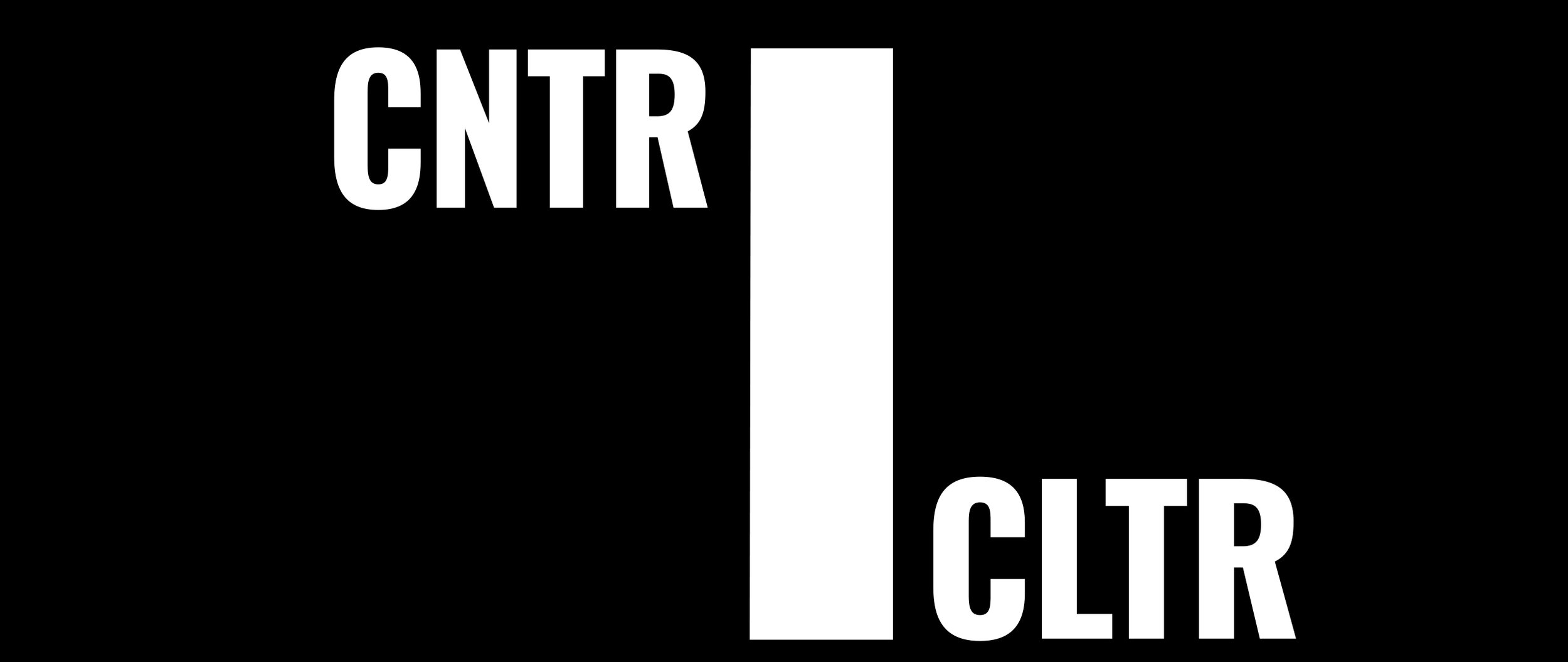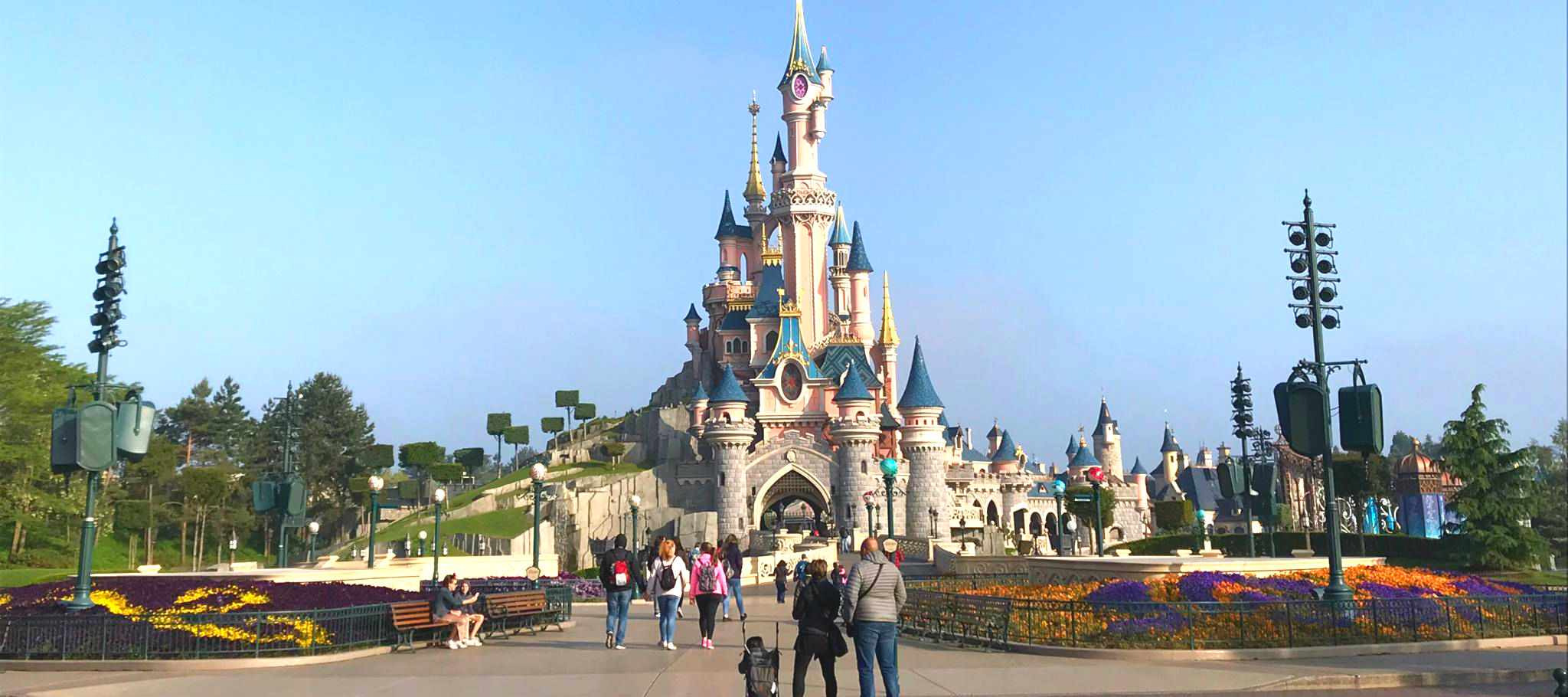Red Dead Redemption 2 | The Disneyland Effect
For the past week and a half I, as well as many many others, have spent the majority of my spare time vested in the western world of Red Dead Redemption 2. I certainly won't be the first one to point out that the game is top notch in various ways, from its graphical presentation to its complex systems to its story and characters. It's combat and gameplay, while sometimes clunky and slow, never completely hindered my enjoyment of my near 20 hours with the game up to this point. While the production values on display certainly reveal that no expense was spared, there's just something about this game that nags at me little by little each time I gallop around the three states populating the world.
I don't want to parrot from other people who have reviewed the game too much, however, I feel that YouTuber Mark Brown sort of nailed what had been bothering me as I played. In his review (which you can read in full here), Brown criticizes Red Dead Redemption 2 for its lack of player agency, succinctly pointing out his issues in one paragraph:
““Like most Rockstar games, these missions are extremely restrictive in what you’re allowed to do. The game constantly tells you what to do, with a pop-up command at the bottom of the screen, and if you don’t follow this script to the letter you’ll be hit with a “Failed” screen.””
In the weeks leading up to and following the release of Red Dead Redemption 2, reviewers have been heralding Rockstar at creating a unique experience unlike any other. In many previews and reviews, journalists discuss how intricate the world and the characters within it are. They tell tales of NPCs reacting to the various deeds that protagonist Arthur Morgan finds himself in. They discuss characters remembering the choices that you make, and then remarking on these "memories" later on. They even mention that it feels as though the world doesn't revolve around the player in an attempt to simulate reality. In fact, there are many additional mechanics in place to simulate "realism": the player has to make at least some effort to maintain upkeep on Arthur from his hair to his weight to his horse or else you'll find yourself at some slight disadvantages when playing.
However as I quoted above, many other players feel that these mechanics and story against the apparent openness of the game's world are at odds with each other constantly. For these people, the game has the look of a modern game with some sensibilities from the past still at the head hindering it from being truly magnificent. It's at this point that I have to take some disagreement with these critiques for one big reason.
Earlier this week I had found an article about an interview with Walt Disney that had been conducted in the infancy of Disneyland. In it, the interviewer Ira Wolfert discusses his experience walking through the theme park with the creator himself. He goes on to describe the park like a "gigantic theater." Walt tells Ira about the scale of the park and the feeling he wanted park goers to get:
““It’s not apparent at a casual glance, but this street is only a scale model. We had every brick and shingle and gas lamp made five-eighths [of] true size. This cost more, but it made the street a toy, and the imagination can play more freely with a toy. Besides, people like to think that their world is somehow more grown-up than Papa’s was.””
Walt even apologizes to Ira because he points out the historically inaccurate ceilings and lights inside stores, explaining that they had to because people believed the retro lighting to be too gloomy.
It's in these few bits of conversation that I really feel like I managed to get a glimpse inside the mind of Walt Disney as he was creating Disneyland. Walt wasn't interested in just selling a ride or a show, he wanted to sell an experience. What could he do to transport a patron of the park out of reality and into a sort of hyper-realistic fantasy? Where some parks are simply focused on the ride at the end, Disneyland focuses on telling a story through not only the ride but its queue as well.
To say that that's all that Disneyland is doing would simply be an understatement, however. There's an underlying "magic" that echoes throughout all of Disney's parks to give park goers this type of experience. This "magic" comes in many forms: the way Disney actors must carry themselves when in uniform, the underground travel system for employees, the complex animatronics and special effects that go on for the attractions at the park, and so much more. If it weren't for these background processes going on, you really wouldn't have much of a Disneyland or World. And ever since Disneyland was founded and become the success that it was, numerous companies and entrepreneurs have tried to replicate this formula is something I (and one other journalist from Forbes) like to call "The Disneyland Effect."
In an environment that is filled with various types of services and products that can look so similar to one another at a glance, it's up to the corporations that make them find ways to differentiate themselves from the competition. While many may just decide to specialize in "convenience" or "simplicity" or "complexity", some companies decide to take an approach similar to what Walt Disney did with Disneyland. In this approach, there’s a sort of impeccable attention to detail that is emphasized on whatever the product or service may be. When using this "Disneyland" approach, the company is trying to elevate their product into something that the customer doesn't just have a simple interaction with but has an experience with.
Source: https://www.clickandgo.com/blog/2018/05/31/your-guide-disneyland-paris/
Companies that use this approach attempt to leave a lasting positive impression on the end user. While I use Disneyland as the defining example of this, the Effect can be applied to more than just the entertainment industry. Take a look at Chick-fil-A for example in the food industry. Ordering food at Chick-fil-A feels so foreign from ordering at McDonald's. The employees are instructed to use certain positive terminology when talking to customers. They also bring your food out to you when its ready and actively maintain upkeep on their dining area. There's a "magic" to the customer service that companies like them depend on to keep them above the competition, regardless of what controversy they may push themselves into.
Rockstar employs this Disneyland Effect in a way that feels like an almost exact carbon copy of how Disney's theme parks operate, for better and for worse. Let's take a look at the opening hours of Red Dead Redemption 2. The build-up is slow as you assume the role of Arthur Morgan and make your way through the snowy mountains of Ambarino. You become exposed to your allies and antagonists and the story of the game. At this point you don't really have any freedom; you're being shepherded through a "line" until you actually get to the ride of the game: it's open world.
It's at this point that even though you're given "freedom" in the game you're still being goaded to do certain things, whether that be overt (such as being instructed to utilize the cinematic camera or learning how to do side activities) or discreet (having strangers try and stop you as you make your way to your next destination). The world of Red Dead Redemption 2 feels more like a theme park than Assassin's Creed Odyssey or even GTA V for the simple fact that the game actively tries to persist without your involvement in hidden ways.
You're told early on how some citizens in the game will remember your actions and that they'll alert authorities if bad deeds are committed. The game tells you that, regardless of what you're doing, people in your camp will come and go because they're "living their own lives". It’s why the trek from Valentine to Saint Denis may seem like a long journey on the map but in reality only take a couple minutes to actually reach. To me it’s similar to how Disney’s Main Street USA is meant to appear longer than it ever really is. At every point in the game, Rockstar is actively ensuring that your immersion in the world is never broken (or at least, never intentionally so). Of course, there are many complex and technical aspects to Red Dead Redemption 2 that we as the consumer aren't ever privy to make it happen. Disneyland does the same thing to create this depth of immersion. It's done in order to hide the reality of what makes their park so magical to create a fantasy that's hyper-real. It's an interesting approach for sure, and as I mentioned earlier, one that some people aren't enjoying.
It’s also why when you start to poke and prod a little further you’ll realize this supposed depth is an illusion. A lot of the time when I would go up to a miscellaneous NPC, for instance, I would be greeted to a random bit of dialogue and really nothing else. There would be no further conversation I could happen myself into unless that character was specifically marked as an “encounter” on the map. For me, I’d like this to if you were to go up to a Disneyland actor playing Aladdin and continually ask them questions about the land of Agrabah. Eventually, the actor’s going to reach a point where they have to stop and say, “C’mon kid I don’t have all day for this.”
Because Rockstar wants to provide such a specific experience (that is being an outlaw in the upcoming modern civilized age), design elements are present that feel rote and archaic. It's why the morality system sometimes feels at odds with the narrative in the game's campaign and also why Chapter 1 and Chapter 5 of the campaign feel so restrictive. Coming from a game like Assassin's Creed where the seems aren't as neatly sewn and the convenience in the gameplay is more heavily prioritized over the immersion of the player, Red Dead Redemption 2 hangs onto its ideals with an iron fist and that can be jarring and frustrating when just wanting to play the game.
As an additional note, it’s also frustrating when the developer lacks consistency in the experience and “realism” it strives for. Take for example missions where you will be jettisoned past a trek for the sake of convenience. however in others you’ll be forced to ride your horse across the map (such as returning from Guarma to the US in Chapter 5) because Rockstar wants you to feel a particular emotion or reflect on your time in the game, however a short cutscene would suffice. This inconsistency is what I find to be the most egregious aspect of the game’s design philosophy, more so than the design itself.
Whether Rockstar made the right choice or not can be spoken on in the sales numbers and critical reception the game has received. While I don't think these are an indicator of a trend for the AAA industry (I mean really, what other company can realistically spend that much time and money on a product on a scale like this before breaking the bank), I fear it is indicative of how Rockstar will handle games going forward. If the developer decides to continue utilizing the “Disneyland Effect” in future games, I can only hope that they are able to find more ways to elevate the gameplay above the formula Rockstar has found themselves in.




